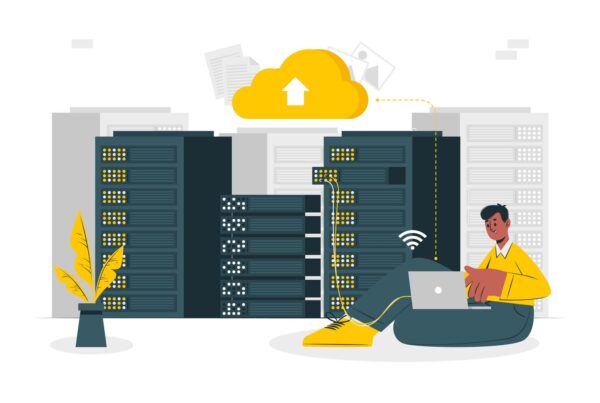Colocation hosting means placing your server machine in someone else’s data center. Most facilities also offer server rentals. This option is ideal for small businesses that need the benefits of a comprehensive IT department without the costs. You install your machine in their rack, and your service provider will render the IP, bandwidth, and power. When you’re all set, you access it like you would access the website of a hosting service.
The biggest advantage of colocation is the bandwidth for money. For the price, or even a lesser amount, of a low-cost business DSL plan, you can already place a single server in a center that provides greater bandwidth capacity and better redundant connections. This should improve your web access speeds significantly. To boot, you get to cut down on your traffic back-haul costs and free up your office-based internal networks for other uses.
These data centers also offer reliable, uninterrupted power, through a stable system of power grids, generators, and expert maintenance practices. A carefully kept backup structure like this can save your business (and a lot of money) during unexpected outages, especially in the storm season. Remember that natural disasters can be just as damaging to your web presence and business as technological ones.
One other important advantage of colocation hosting is the cooling system. Facility operators provide controlled air conditioning for the computer and telecommunications equipment in the building. This ensures the stability of airflow, temperature and humidity to keep your server in optimal condition. Stringent fire prevention and protection systems are also usually in place so that your server can thrive in the most secure conditions possible.
Additionally, colocation facilities provide physical security to your equipment. They usually have high-level security measures. Some employ CCTV cameras and a PIN code or proximity card access system. More modern facilities use biometric security measures, such as fingerprint recognition, voice recognition and “weight matching.”
People who run small sites for personal use or blogs probably do not need the advantages offered by colocation and will do better with web hosting. But if you require more robust features yet cannot afford the cost, colocation hosting is best. The usual customers of this service are web commerce businesses that need a safe environment and cost-effective, redundant internet connections, sizable enterprises that need a center for disaster avoidance, offsite data backup and operational continuity, and telecommunication companies that use the facilities to interexchange traffic with other businesses.








